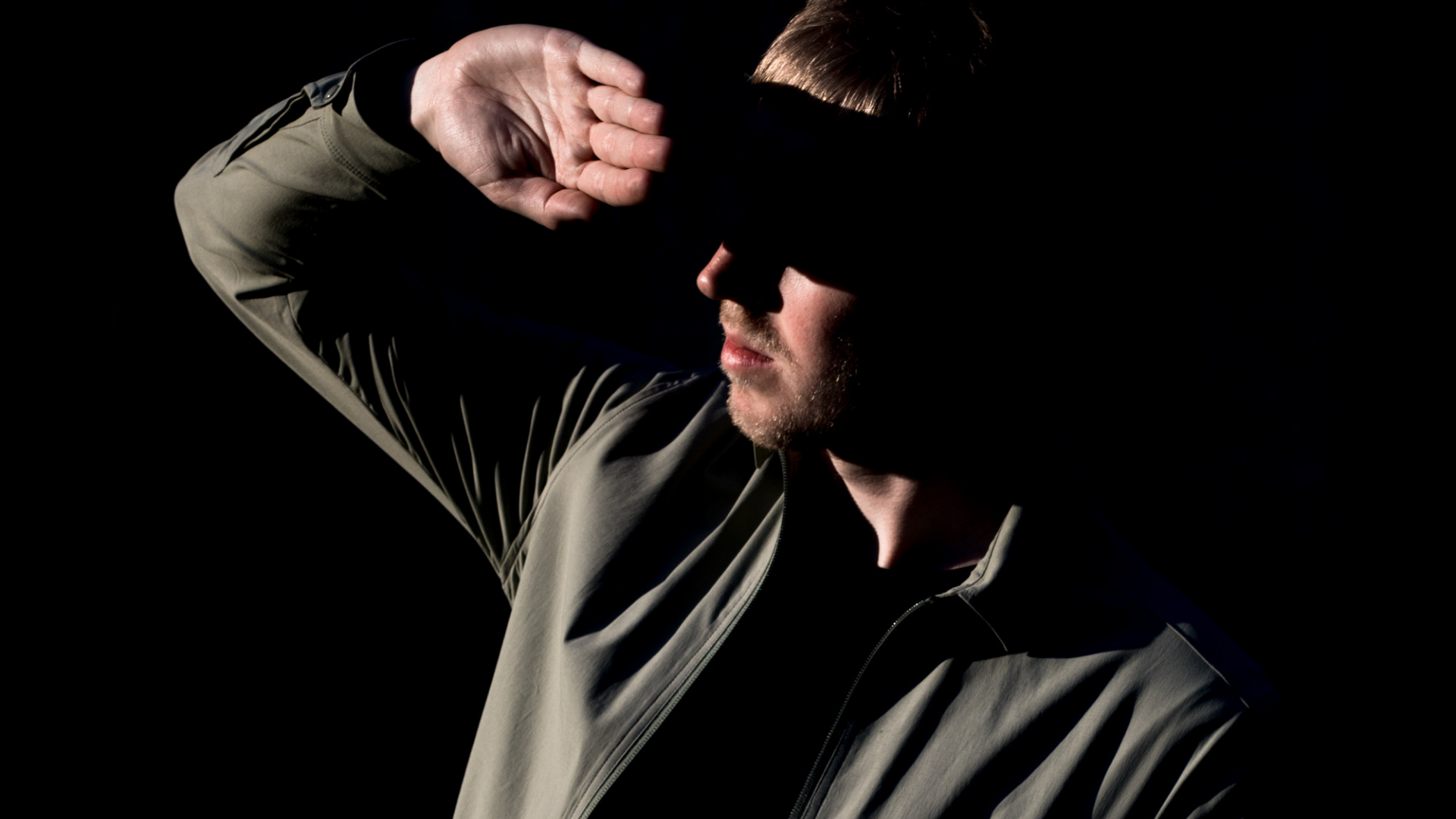MUMUTH concert December 21st, 2020
PPCM Extended
91 / 5000 Übersetzungsergebnisse This concert by the Klangforum Wien and its students is all about vocal music.
Das weltweit einzigartige Studium „Performance Practice in Contemporary Music“ (PPCM) erhält ab diesem Wintersemester mit „PPCM Vocal“ ein von der Kunst Universität Graz entwickeltes Schwesterstudium, geleitet von Professor Holger Falk.
Über das Studium: PPCM (Performance Practice in Contemporary Music)
A master’s program, which is managed by the renowned Klangforum Wien by its own KUG professorship.
Under the supervision of members of the specialist ensembles Klangforum Wien Students learn both the new solo works, chamber music and relevant ensemble works, as well as a sound knowledge of aesthetics, history and repertory survey of today’s music.
The study is complemented by exciting special projects. From opera to performance in collaboration with renowned composers and the IEM Graz.
The extremely lively festival and music scene in Graz and at the KUG offer an inspiring environment for the implementation of innovative collaborations and experimental projects.
Program:
Klangforum Wien / PPCM class
(Performance Practice in Contemporary Music)
Salvatore Sciarrino
– from “Quaderno di strada”
From the song cycle for baritone and ensemble no: 5, 12, 13
Bernhard Lang
— Songbook II.2 Retextured, UA
– No. II “I am a knot”
Text by Christian Loidl
– No. III “As the Saying goes”
Text by Sperl
Olga Neuwirth
—„Last Highway“ suite
From the opera “Last Highway”
Contributors:
Holger Falk, baritone
Peter Plessas, Live Electronics at “Lost Highway” on behalf of IEM Graz
Yalda Zamani, conductor
Ulla Pilz, presentation
Solisten at „Lost Highway“
Bernhard Zachhuber, clarinet (Klangforum Wien)
Katherine Oseid, saxophone (PPCM)
Mikael Rudolfsson, trombone (Klangforum Wien)
Yuki Murakami, piano (PPCM)
Filip Novakovic, accordion (PPCM)
Daniel Dundus, electric guitar (KUG Student)
PPCM class (Master class for new music from Klangforum Wien)
Lea Moullet, violin
Alona Pynzenyk, violin
Silvija Ciuladyte, viola
Anna Grenzner Metheu, cello
Leo Morello, cello
Aleksandra Skrillec, flute
Shino Saito, flute
Jennifer Seubel, flute
Felix Martl, clarinet
Katherine Oseid, saxophone
Petra Horvat, saxophone
Andraz Frece, accordion
Filip Novakovic, accordion
Yuki Murakami, piano
Ana Ostojic, piano
Mihael Toma, tuba (substitute)
Daniel Dundus, electric guitar (substitute)
Dakota Wayne, E-Bass (Substitut)
Klangforum Wien
Dimitrios Polidoidis, viola
Andreas Lindenbaum, cello
Paul Salomon, double bass
Markus Deuter, oboe
Bernhard Zachhuber, clarinet
Johannes Feuchter, clarinet
Lorelei Dowling, Bassoon & Contraforte
Anders Niqvist, trumpet
David Schmidt, trumpet
Christoph Walder, horn
Mikael Rudolfsson, trombone
Daniel Holzleitner, trombone
Björn Wilker, percussion
Lukas Schiske, percussion
Technical staff
MUMUTH
Ulrich Gladisch, sound engineering
To be announced, camera
Alexander Zwierzina, live stream
To be announced, light
Ursula Fleischhacker, stage
Alexander Wiedenhofer, stage
Klangforum Wien
Jürgen Semlitsch, process & coordination
Matthias Meinharter, orchestra manager
Alexander Steininger, orchestra manager
Salvatore Sciarrino – Quaderno di Strada
To play this music means, above all, to rediscover the power of suggestion. Of course, their formal perfection, the search for the timbre, the originality also count. Yet what I mean here goes far beyond the normal expressiveness of the notes. We are led by the music to the threshold of silence, where our ear sharpens and the mind opens to any sound event as if it were hearing it for the first time. The perception is thus renewed and listening becomes an emotional event.
Should we call such an experience direct (or deep) communication?
Without going back to Orpheus and the mythical origins of music, one must consider disciplines that are currently far removed from musicology: psychoacoustics, music therapy or studies of the language of animals.
The aim of a notebook is also its purpose: to be filled with words and characters. Or: When you have discovered the world and have decided to keep a small part of it for yourself, the notebook is closed and set aside.
From the ruins of a lost entirety, further connections and other paths are formed. From this I get the means to create my music and these titles that amaze so many people. I own numerous magazines with texts, magazines with titles. What I collect does not only have literary origins, but it also comes from orality, as well as from inscriptions or graffiti on walls.
The magazine accompanies me every day and complements itself in the metaphor of travel. We could be mistaken if we believed that this metaphor would follow us everywhere; no, we are, maybe, their shadow.
quaderno di strada is dedicated to Otto Katzameier and the Klangforum Wien.
Salvatore Sciarrino
(Translation from Italian: Mirella Stefani)
From: Konzerthaus program cycle Klangforum Wien, 3rd concert. 8.12.2003.
Olga Neuwirths stage work Lost Highway
(Libretto by Elfriede Jelinek and the composer based on a script by David Lynch and Barry Gifford) was premiered on the occasion of steirischer herbst on October 31, 2003 in Graz. As in other works by Neuwirth, the focus here is on dealing with the questionable reality of perception: The approach of deconstructing images and sounds through a discourse of perception in order to demonstrate the logic of their functioning at the same time as their manipulability makes essential aspects of the original script – so the replacement of the purposeful narrative style with a logically inexplicable course of action interspersed with time loops – usable for the stage and further thinks about their implications on a musical level For her suite , the composer has removed a few distinctive passages from the stage work and connected them with newly composed transitional passages. The sequence of the individual excerpts is based on the course of the stage action and is even bracketed with the opening and closing scenes of the music theater; but beyond that, the plot no longer plays a role. It is replaced by the multi-layered game with the perspectives of differentiated sounds: the music played live is interwoven with sampled and live-electronically processed sounds to create a constantly changing soundscape, the enormous plasticity of which can be perceived as a sequence of suggestive sound images.
(Stefan Drees)

